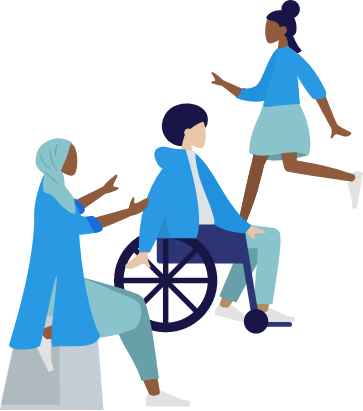The Role of FOSS in India’s Digital Advancement
India is well positioned to become a vibrant hub for FOSS innovations. In India, 4G data subscribers have recently crossed more than 598 million of which 96% of them access the digital world via open-source based mobile operating systems
Definition of FOSS
FOSS is an inclusive term that covers both “free software” and “open-source software”, which despite describing similar ownership models, have differing cultures and philosophies.
The“free software” model advocated by the Free Software Foundation focuses on the fundamental freedoms a software must give to its users, commonly explained as “think of free as in free speech, not as in free beer”.
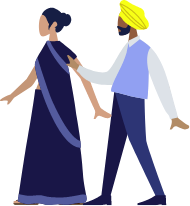
More than 85% of India’s Internet runs on FOSS
- Build robust FOSS stacks for key sectors like Health, Education, Finance and more
- Enable more privacy-centric, secure and ethical trust-based computing
- Onboard more users by delivering digital services in more Indian Language
- Lower cost of ownership of digital infrastructure & services
- Avoid vendor lock-ins and reduce switching costs
- Better ease of tech adoption for MSMEs
- Reduce cost by reuse, customization, localization, personalization of software
- Reducing imports & conserving foreign exchange
- Promotes commons-based peer production of information,knowledge & culture
- Improves key skills like leadership, collaboration, participation & more
- Make technology talent more market ready
- Opens door for multilateral collaborations across communities

However, India still lags behind the global landscape in building sustainable home-grown projects and needs a strategic plan to incubate and proliferate domestic FOSS innovations worldwide
For this to happen, actors must be aware of and value the efforts, historical and present – of all partners in this ecosystem.
Chronicling the FOSS movement in India
Based on our conversations and reading, we classified the FOSS movement into six eras mentioned here
Based on our conversations and reading, we classified the FOSS movement into six eras mentioned here
Inception Of FOSS
Rise Of Free Software
Rise Of Community Businesses
Big Tech Fights Back
Global Proliferation
Expansion In India
Indian FOSS Ecosystem
As we look ahead to chart where the FOSS movement in India can go, we must acknowledge the challenges and opportunities that lie in this journey ahead.
The key actors in the FOSS movement are individual volunteers and consultants, FOSS groups, schools, higher educational and research institutes, online educational actors, micro small and medium tech enterprises, global tech firms, local and state governments, national governments, FOSS funders and FOSS investors.
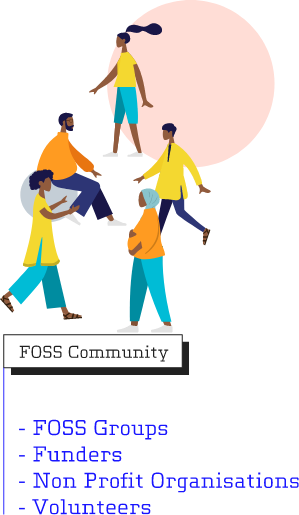


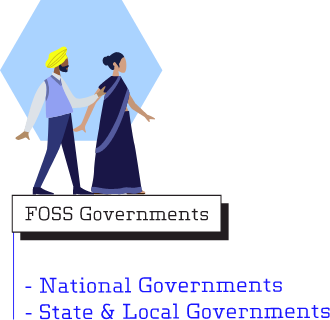
Indian FOSS Ecosystem & its Challenges
FOSS literacy and capacity of our youth has not kept its pace with the emerging market demands.While almost all major academic development tools are FOSS (such as R, Python, LaTex) there is still not enough formalization of FOSS curriculums and programmes in public and private education institutes. This is particularly true for programmes in regional languages which have dissuaded uptake and retention of FOSS by students and early-stage developers for whom English is not a first language, which makes up more than 80% of the population 39.Competing demand for resources and unavailability of localised content further hinders adoption at the grassroot level. There is also a need to communicate the values and principles of FOSS to young learners, fostering a collaborative culture of contribution.
Recommendations to step up India’s FOSS game
To address some of the above mentioned challenges, we propose 4Cs for FOSS growth for various stakeholders
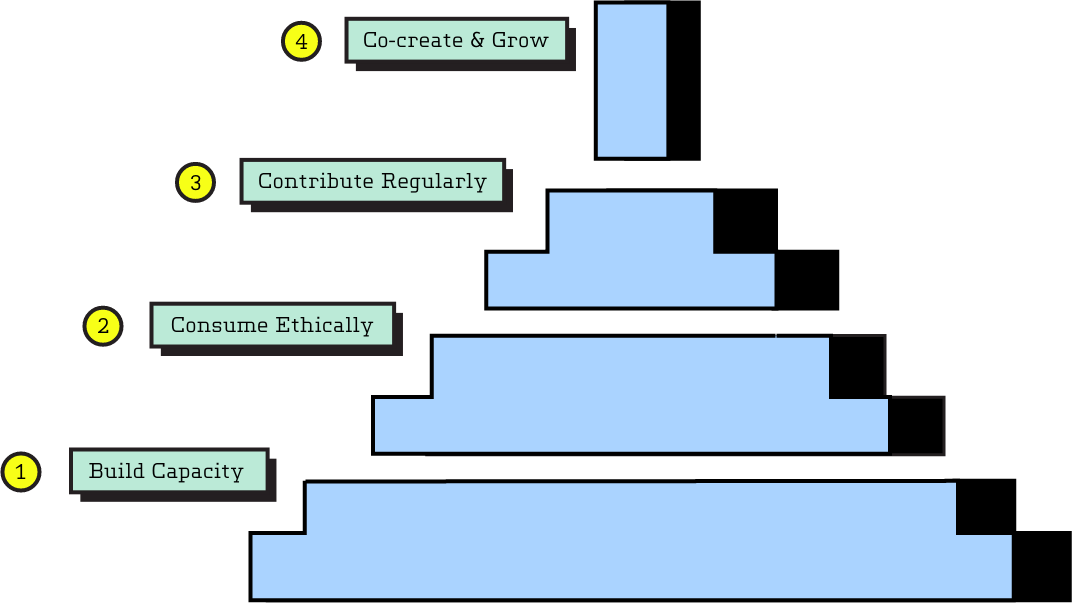
Sustained Collaborations to Build Future Pathways for FOSS in India
The current pandemic has amplified FOSS’s importance due to the movement’s ability to bring diverse actors together to build, localize and deploy crisis response solutions effectively
FOSS is an ideal choice for developing open-source digital ecosystems with a long-term vision
A strategic investment in growing the FOSS ecosystem will not only help us onboard the next half billion internet users in our digital journey of growth, but will also create safe, diverse and open environments for citizens to participate, co-create and grow together.
The State of Free & Open Source Software in India
The State of Free & Open Source Software in India
CivicDataLab works with the goal to use data, tech, design and social science to strengthen the course of civic engagements in India. We work to harness the potential of open-source movement to enable citizens to engage better with public reforms. We aim to grow data and tech literacy of governments, nonprofits, think tanks, media houses, universities etc to enable data-driven decision making at scale.
